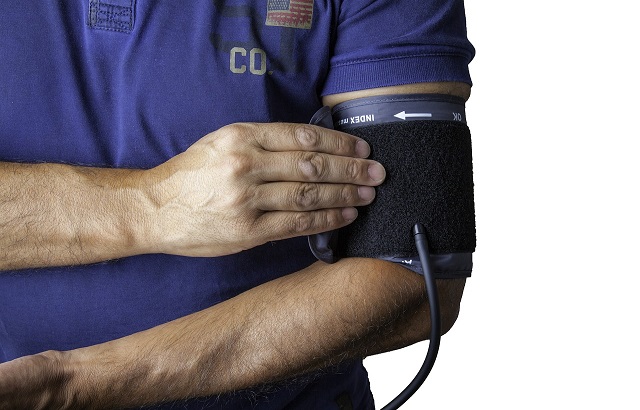
An international team of researchers led by Professor Morris Brown FRS at Queen Mary University of London found that Baxdrostat, a drug belonging to a new class of aldosterone synthase inhibitors, led to an average fall in blood pressure of 25 mmHg. This is two to three times the reduction typically achieved by a single antihypertensive drug.
The results, published yesterday in the New England Journal of Medicine and presented at ENDO 2025 in San Francisco, offer hope for a new safe and effective treatment for primary aldosteronism, a hugely under-diagnosed condition.
Primary aldosteronism is a condition in which the body's adrenal glands produce too much of a hormone called aldosterone, which regulates the amount of potassium and sodium in the blood. Aldosterone evolved to help retain salt during periods of scarcity, but in modern diets high in salt, its overproduction leads to excessive sodium retention and high blood pressure. Primary aldosteronism is responsible for 1 in every 10 cases hypertension, and typically people with the condition struggle to maintain healthy blood pressure levels despite taking routine medications.
The SPARK Phase 2a clinical trial of 15 patients with confirmed primary aldosteronism and uncontrolled hypertension despite multiple medications were treated with Baxdrostat, developed by UK-based AstraZeneca. Baxdrostat belongs to a new class of aldosterone synthase inhibitors which block production of the hormone aldosterone in the adrenal glands.
Patients were then followed for 72 weeks, with Baxdrostat doses increased in steps. The drug was generally well tolerated at all but the highest dose. It also normalised potassium levels—often low in primary aldosteronism—and suppressed aldosterone levels by an average of 90%. In some participants, blood pressure and hormone levels remained normal even after stopping the drug, suggesting the possibility of a lasting cure – something previously only offered by surgery or targeted thermal therapy (TTT).
"This is a landmark moment," said Professor Morris Brown, Professor of Endocrine Hypertension at Queen Mary University of London. "The pivotal trial to confirm these results is already under way. Primary aldosteronism remains hugely under-diagnosed—fewer than 1 in 100 people with the condition are ever tested. I hope the availability of a safe, effective treatment will prompt doctors to look for it more often, especially in patients whose blood pressure is hard to control, whose potassium is low, or whose sodium is high."
Dr Mason Freeman, Professor of Medicine at Harvard Medical School, said: "The SPARK study has shown that a once daily oral medication that blocks aldosterone production improves blood pressure control in patients with primary aldosteronism, but even more excitingly, offers hope that the fundamental biological driver of this disorder might be improved long term by this treatment. Larger studies will be needed to establish that, but Spark has opened the door to that possibility."
Following the findings of the SPARK trial, larger clinical trials will now be undertaken to demonstrate the safety and effectiveness of aldosterone synthase inhibitors for this condition. The researchers expect the results of the larger trials to lead to regulatory approval for these medications within the next two to three years.






